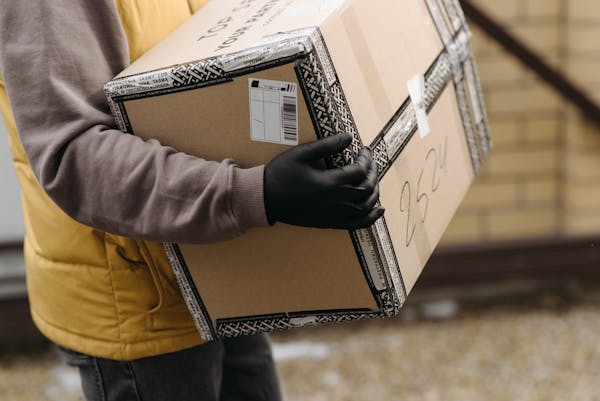
Last-mile delivery has become a crucial aspect of logistics, particularly with the rapid expansion of e-commerce. Consumers now expect faster delivery times, with same-day or next-day shipping becoming the new standard. Companies must invest in efficient last-mile solutions to meet customer demands while maintaining cost-effectiveness.
One major challenge of last-mile delivery is urban congestion. Traffic delays, inefficient routing, and high fuel costs can make deliveries expensive and time-consuming. To overcome these issues, many companies are turning to route optimization software, electric delivery vehicles, and local distribution hubs to improve efficiency.
Another emerging trend is the use of automated delivery systems. Companies are experimenting with drones, robots, and autonomous vehicles to speed up deliveries and reduce reliance on human drivers. These innovations have the potential to revolutionize last-mile logistics, but regulatory and technological barriers remain.
Sustainability is also a growing concern in last-mile logistics. Many companies are adopting green initiatives, such as bicycle couriers, electric vans, and eco-friendly packaging, to minimize their environmental impact. Reducing carbon emissions while maintaining fast and reliable deliveries is a delicate balance that businesses must achieve.
Customer expectations continue to evolve, pushing companies to offer greater transparency in their delivery processes. Real-time tracking, AI-driven delivery predictions, and flexible scheduling options are now key components of successful last-mile strategies. Businesses that fail to adapt risk losing customers to competitors who offer superior delivery experiences.
Investing in efficient last-mile delivery solutions is no longer optional—it is a necessity. Companies that innovate in this space will not only meet customer demands but also gain a competitive edge in the e-commerce landscape.
Also Read: The Role of Artificial Intelligence in Modern Logistics
